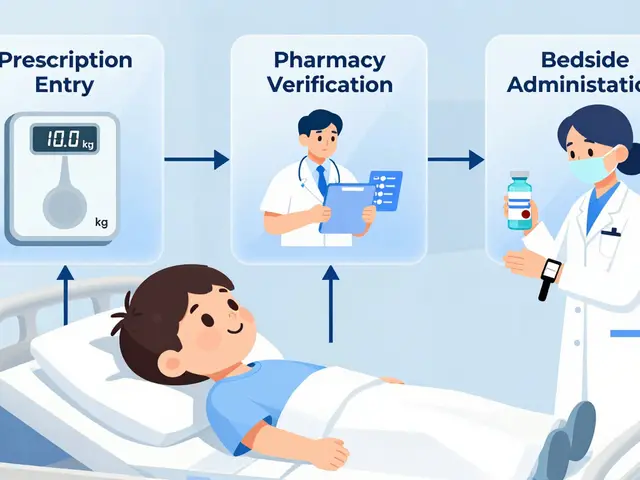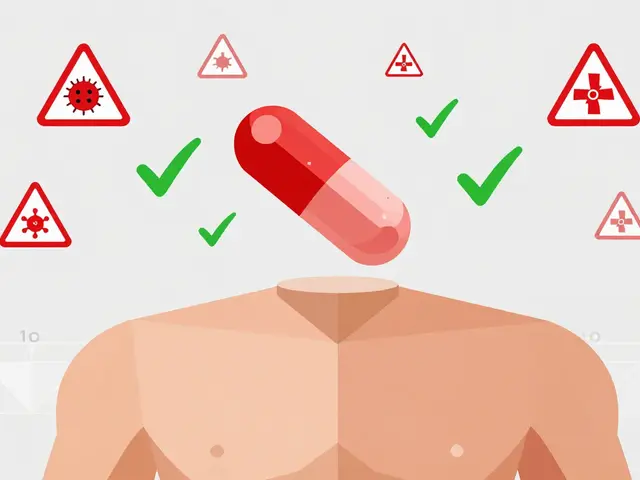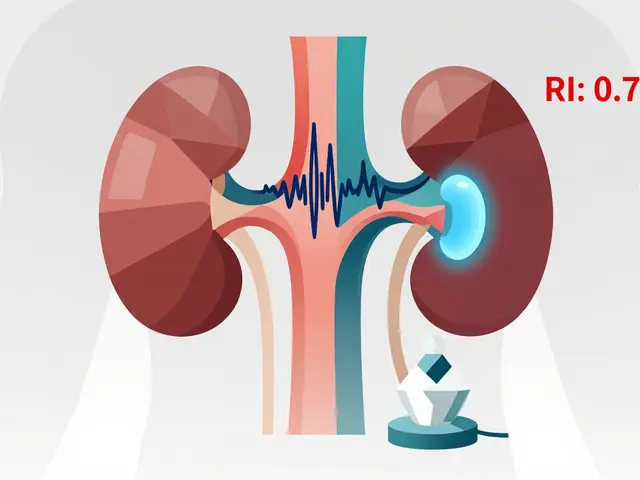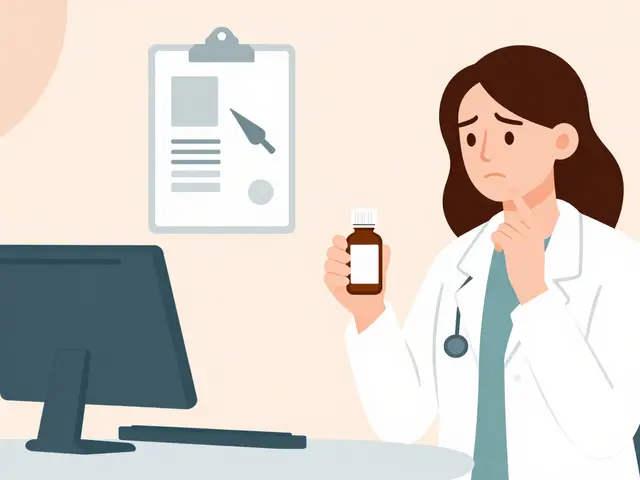Emergency Contraception: What It Is, How It Works, and What You Need to Know
When you need to prevent pregnancy after unprotected sex or birth control failure, emergency contraception, a method used to prevent pregnancy after unprotected sex or contraceptive failure. Also known as the morning after pill, it’s not a regular birth control method—it’s a backup plan. Many people think it works like an abortion, but it doesn’t. It stops or delays ovulation, or prevents sperm from reaching the egg. It won’t affect an existing pregnancy. If you’re already pregnant, it won’t do anything.
The two most common types are levonorgestrel, a synthetic hormone used in most over-the-counter emergency pills and ulipristal acetate, a stronger option that works longer and requires a prescription. Levonorgestrel pills like Plan B are available without a prescription and work best within 72 hours, but they’re still somewhat effective up to 120 hours. Ulipristal acetate, sold as Ella, stays effective for up to five days and works better for people with higher body weight. Neither is 100% effective, but they can reduce pregnancy risk by 75-89% if taken on time.
Some people worry about side effects—nausea, headaches, or spotting are common, but they usually go away in a day or two. It’s not dangerous to take more than once, but it’s not meant to be your regular birth control. If you’re on certain medications like some seizure drugs or St. John’s Wort, it might not work as well. And if you vomit within two hours of taking it, you might need another dose.
It’s also worth knowing that the copper IUD is the most effective form of emergency contraception—over 99% effective if inserted within five days. It also gives you long-term birth control afterward. Most clinics offer it, and some insurance plans cover it fully.
You don’t need a doctor’s note, a parent’s permission, or proof of age to get levonorgestrel pills in most places. Pharmacies keep them behind the counter, but you just ask for them. Online pharmacies can ship them too—if you pick a reputable one. The key is speed. The sooner you take it, the better it works.
What you’ll find below are real, practical guides from people who’ve been there: how to tell if you need it, how to get it fast, what to expect after taking it, and how to avoid common mistakes. Some posts compare brands, others explain how weight affects effectiveness, and a few cover what to do if your period is late. No fluff. No judgment. Just clear, honest info to help you make the right call when time matters most.
Levonorgestrel BP is a safe, over-the-counter emergency contraceptive that helps women prevent pregnancy after unprotected sex. Learn how it works, when to use it, and why quality matters.
Continue reading...






